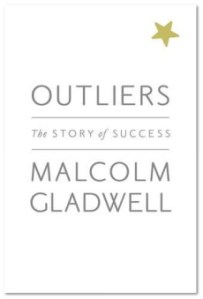Garbology: Our Dirty Love Affair with Trash
December 2, 2020 Leave a comment
Garbology: Our dirty love affair with trash
by Edward Humes | 325 Pages | Genre: Non-Fiction | Publisher: Avery | Year: 2013 | My Rating: 9/10
“The American Dream is inextricably linked to an endless, accelerating accumulation of trash.”
― Edward Humes, Garbology
I discovered this brilliant book by Pulitzer Prize-winning journalist, Edward Humes, when I was searching for books on plastic waste management after attending the screening of a thought-provoking documentary, A Plastic Ocean, by an award-winning filmmaker and journalist, Craig Leeson.
While the book examines how the USA became addicted to garbage, it is a story all around the world with similar environmental and socioeconomic dilemmas of the modern world. The book makes one think that while recycling the waste is the need of the hour, it is the continuous creation of waste in an endless loop that needs to be addressed. The book brings forth examples of activists and outstanding entrepreneurs who are trying to solve the menace of waste. The book also presents an economic history of garbage in the US along with surprising and even shocking statistics and concludes with a compilation of practical steps that individuals can take to reduce the environmental impacts of their generated waste. However, much more is required than just individual practices to overcome plasticisation. Planet and People need to take precedence over profits and combined efforts by communities and businesses alike along with political will are required to win the war on waste.
I loved the chapter, ‘Down to the sea in chips’ on marine plastics pollution, and their impacts, which is a global environmental concern, converting our once pristine oceans into plastic soup.
This book is a must-read for all, especially if you are a consumer of modern life.





